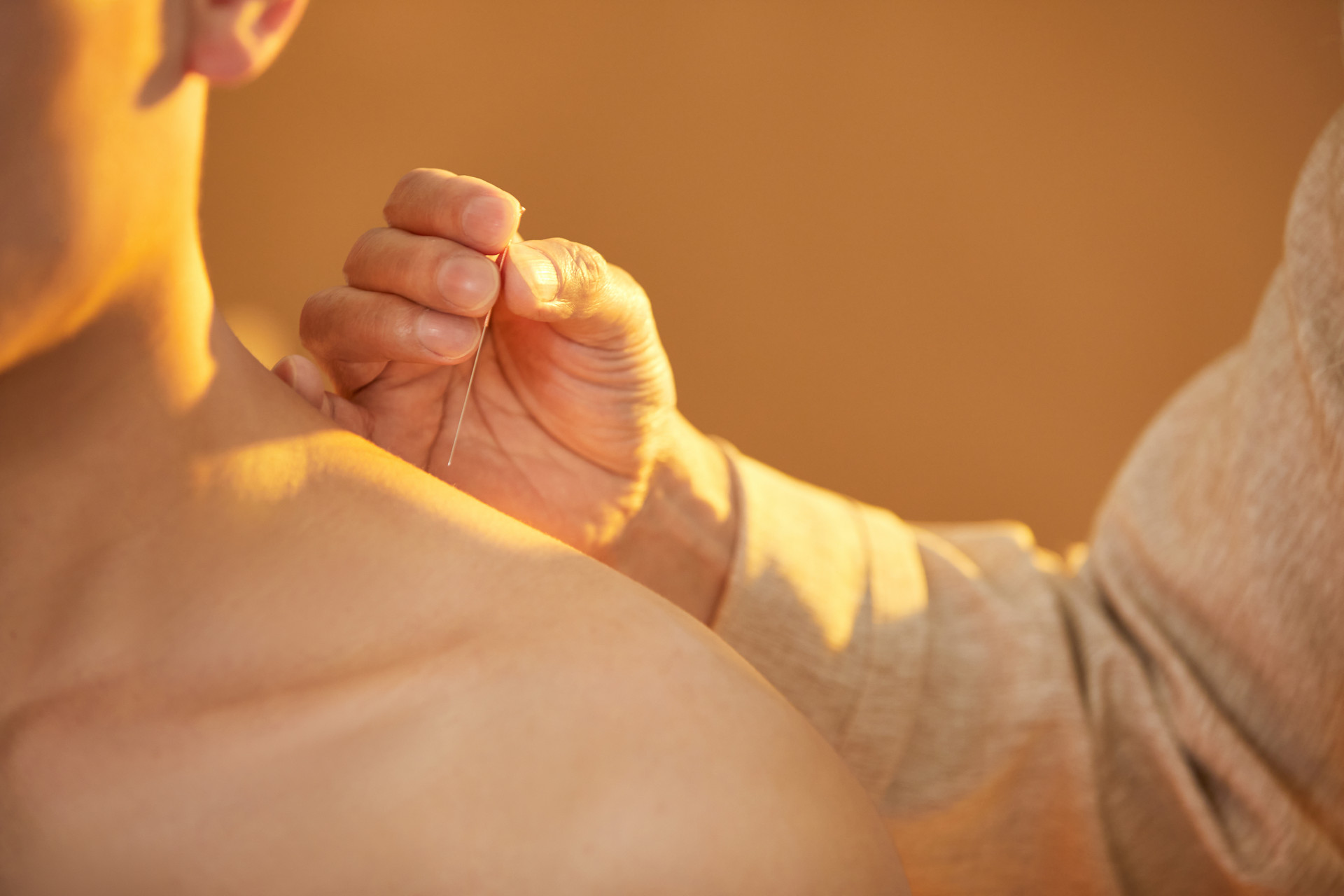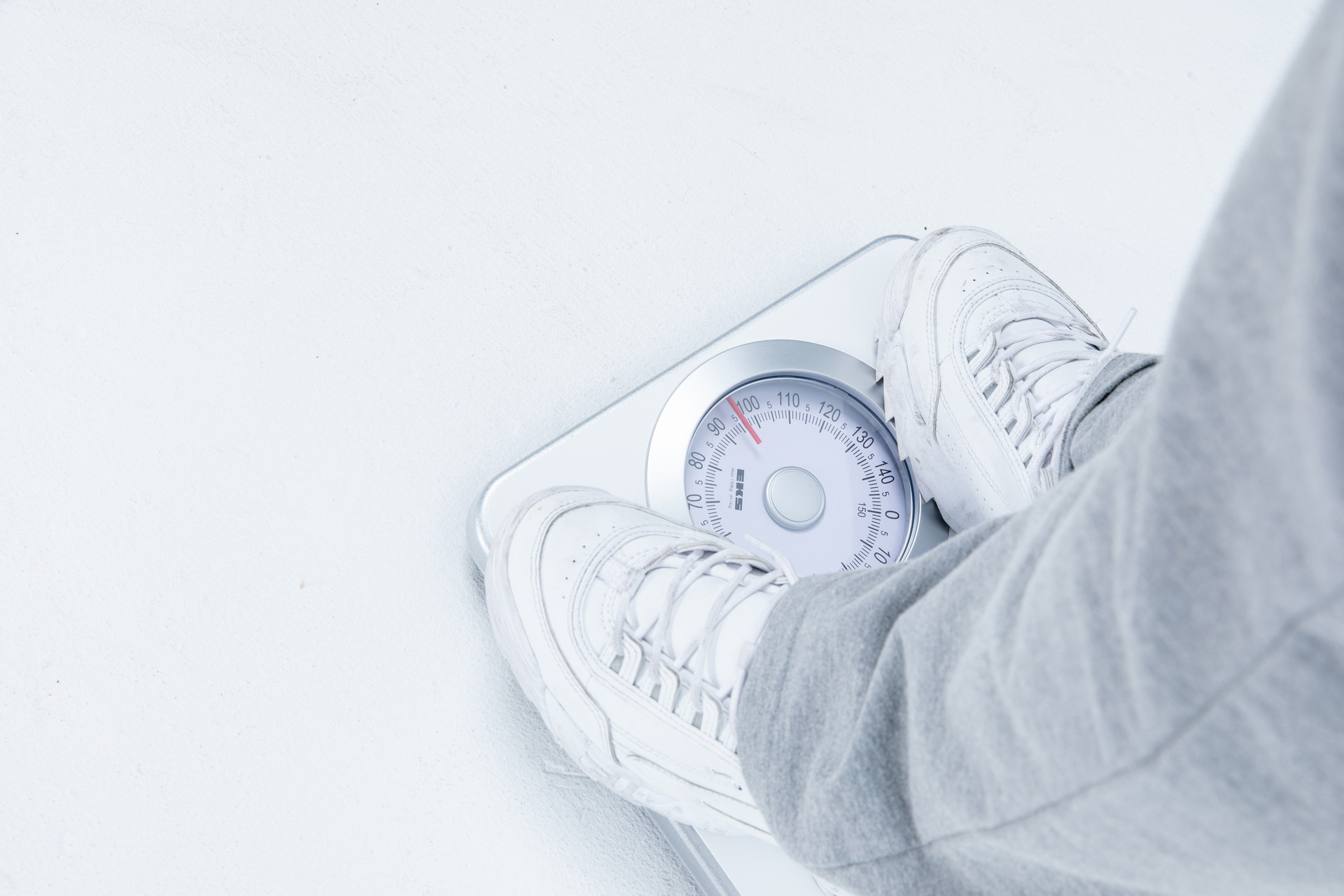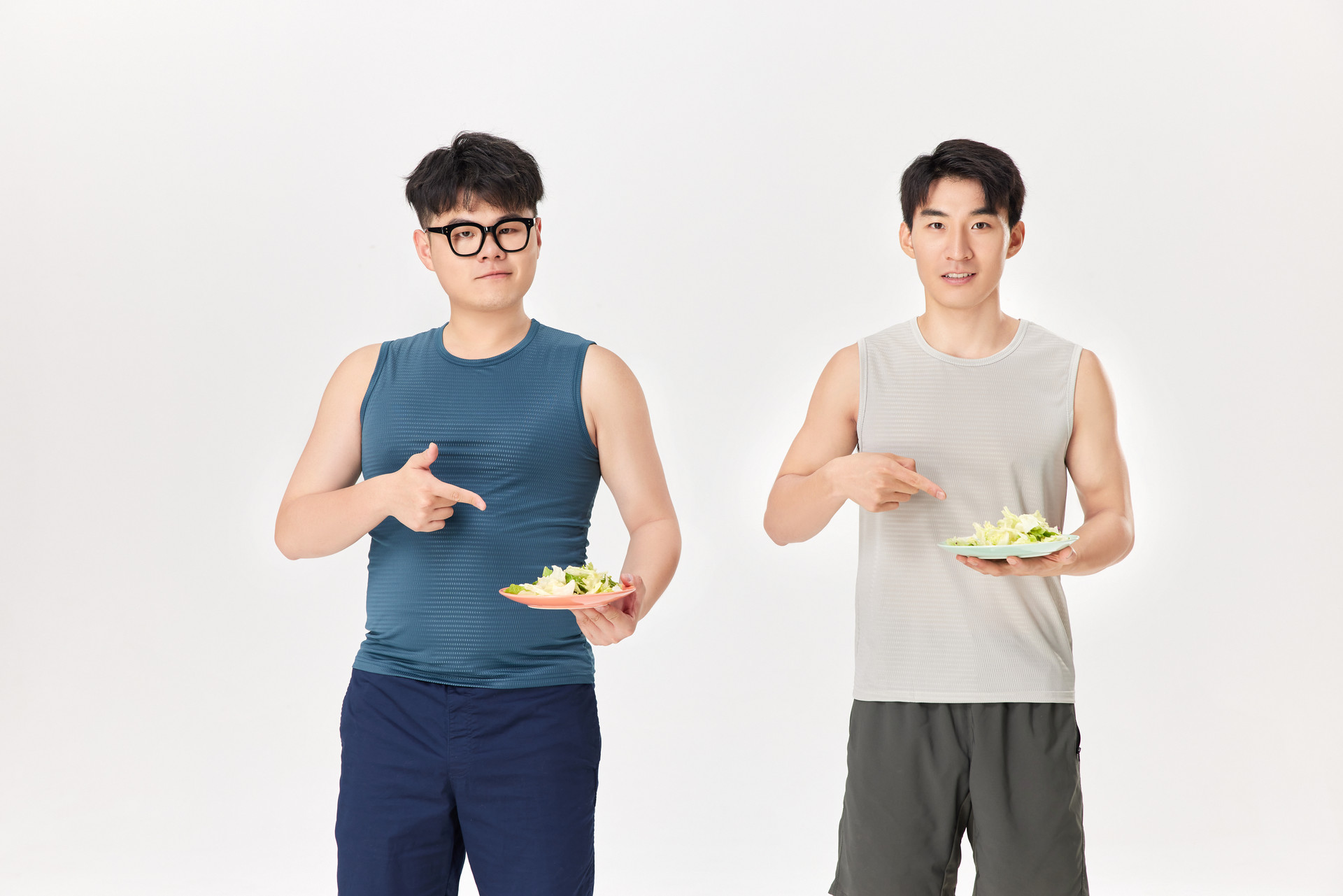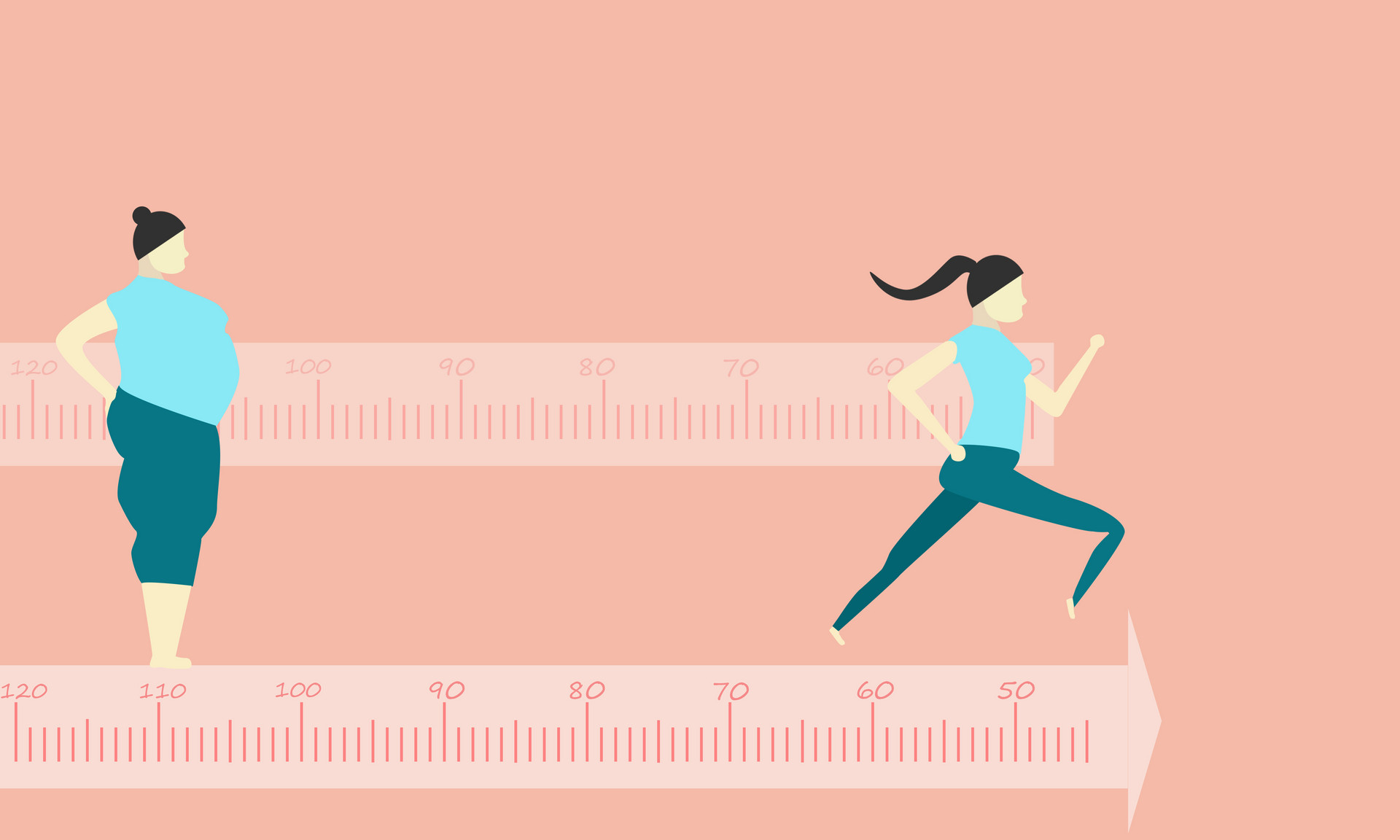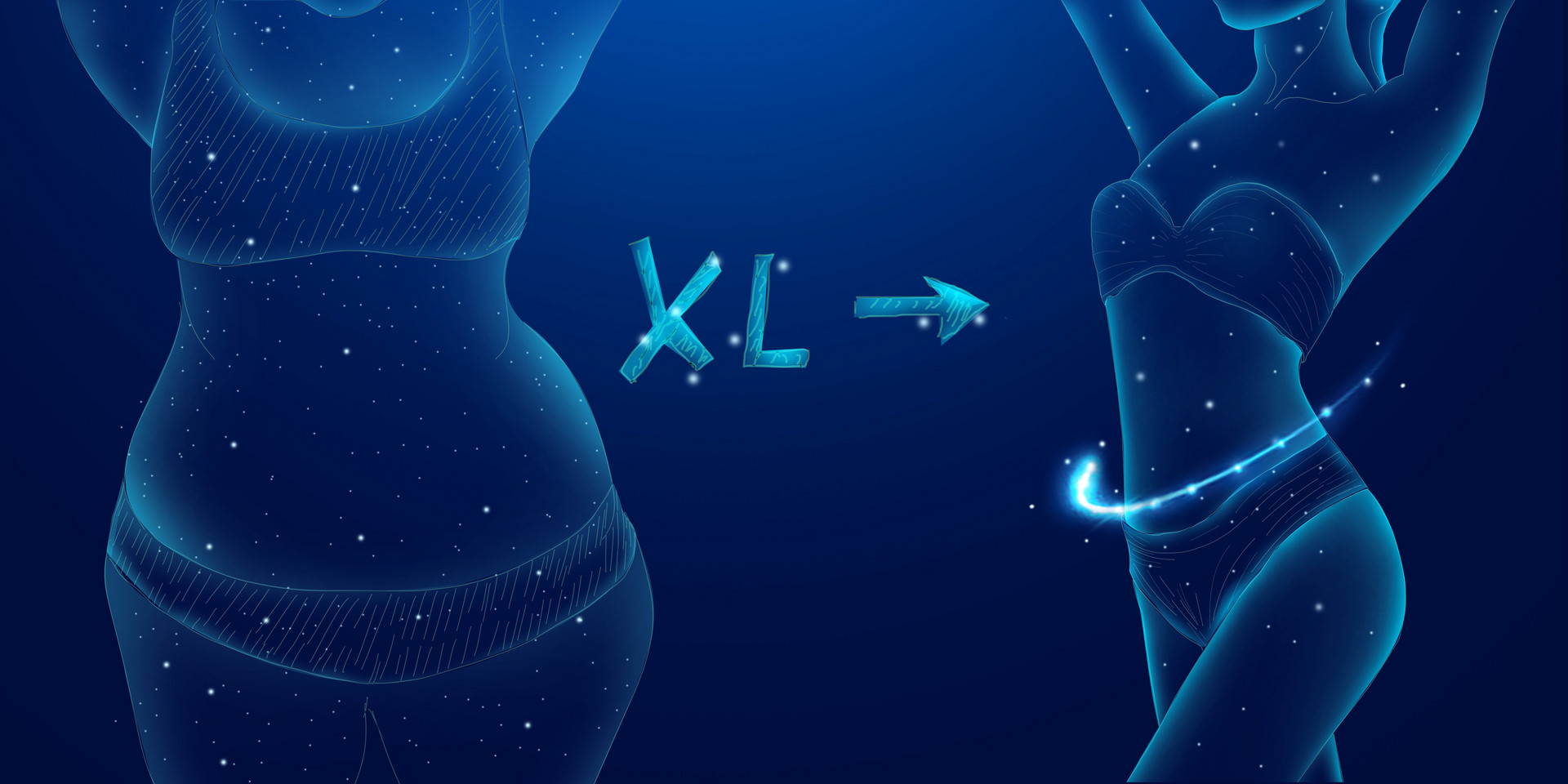Acupuncture Weight Loss Method is a technique that uses the principles of traditional Chinese medicine to target specific acupuncture points for treatment. By stimulating the body's meridians, it helps eliminate excess fat and achieve weight loss goals. Due to its simplicity, safety, and effectiveness, it has become popular among obese individuals. However, many women still have concerns about the scientific validity of acupuncture for weight loss and how to deal with potential accidents that may occur during the treatment.
Avoid Blindly Following the Trend of Off-Season Weight Loss
Off-season weight loss, especially through acupuncture, is currently popular. Lin Shaozhen, the director of the Acupuncture Rehabilitation Department at Guangzhou Hospital of Traditional Chinese Medicine, explains that just as everything in nature follows the cycle of "spring birth, summer growth, autumn harvest, winter storage," the winter season is the best time for the human body to store heat and fat. Due to changes in climate, people tend to consume more and have a slower metabolism during winter, resulting in weight gain. Acupuncture treatment during winter can regulate excessive appetite and increase metabolism. Therefore, it makes sense to start acupuncture treatment for weight loss in winter, but whether it is more effective than in summer has not been conclusively determined in clinical practice.
Avoid Overstimulation and Fatigue of Acupuncture Points
Acupuncture for weight loss is effective for simple obesity caused by metabolic disorders. However, overstimulation or excessive force during acupuncture may lead to fatigue of the acupuncture points, resulting in enhanced tolerance to the treatment.
Experienced acupuncturists who provide longer treatment courses always consider changing acupuncture points instead of repeatedly targeting the same group of points. They consciously avoid causing "acupuncture point fatigue" because once tolerance develops, the sensation at the acupuncture points becomes abnormal, and even with increased stimulation, the effect is not as effective as before.
Customize Acupuncture Treatment Based on Individual Differences
Some practitioners do not understand the importance of determining the individual's constitution and selecting appropriate acupuncture points. Instead, they use a standardized approach, such as suppressing appetite by clearing stomach fire, to reduce food intake and achieve weight loss. While this method may initially lead to weight loss, it may not be effective in the long term and can potentially cause rapid weight rebound.
Traditional Chinese medicine emphasizes individual differences. For example, in the case of obesity, there are various conditions such as accumulation of heat in the spleen and stomach, weakness of the spleen and stomach, emotional imbalance, and weakness of kidney qi. Therefore, when conducting acupuncture treatments, practitioners should observe changes in the individual's constitution in a timely manner, customize the treatment based on the diagnosis, and use both tonifying and purging techniques to achieve Yin-Yang balance in the body.
Verify Practitioner's Qualifications for Acupuncture
Currently, many weight loss clinics and beauty salons offer acupuncture treatments without holding a "Medical Institution License" or being able to present a "Physician Qualification Certificate" and "Physician Practice Certificate." This is illegal. Lin Shaozhen advises consumers to pay attention to self-protection when choosing acupuncture for weight loss and to verify whether the selected beauty salon or weight loss clinic holds a "Medical Institution License" and whether the practitioner holds both the "Physician Qualification Certificate" and "Physician Practice Certificate."
How to Deal with Dizziness After Acupuncture
Lin Shaozhen suggests that individuals who choose acupuncture for weight loss may experience dizziness due to mental stress, weak constitution, excessive fatigue, excessive force applied during treatment, or a stuffy or cold treatment room. If dizziness occurs, lying down and resting for a while, drinking warm water, and ensuring proper ventilation in the room to eliminate excessive heat or cold factors can help restore balance. If the dizziness persists, emergency points such as Renzhong, Hegu, Neiguan, Zusanli, Yongquan, and Zhongchong can be pressed. After the dizziness subsides, it is important to rest adequately.
Who Should Avoid Acupuncture for Weight Loss
It is important to note that acupuncture for weight loss is not suitable for individuals in the following situations: during illness, individuals with bleeding disorders such as hemophilia or coagulation disorders, anemia, individuals who have donated blood within the past month, individuals with poor heart function or wearing a pacemaker. In addition, acupuncture is not recommended for individuals under 20 years old and those with physiological obesity.


